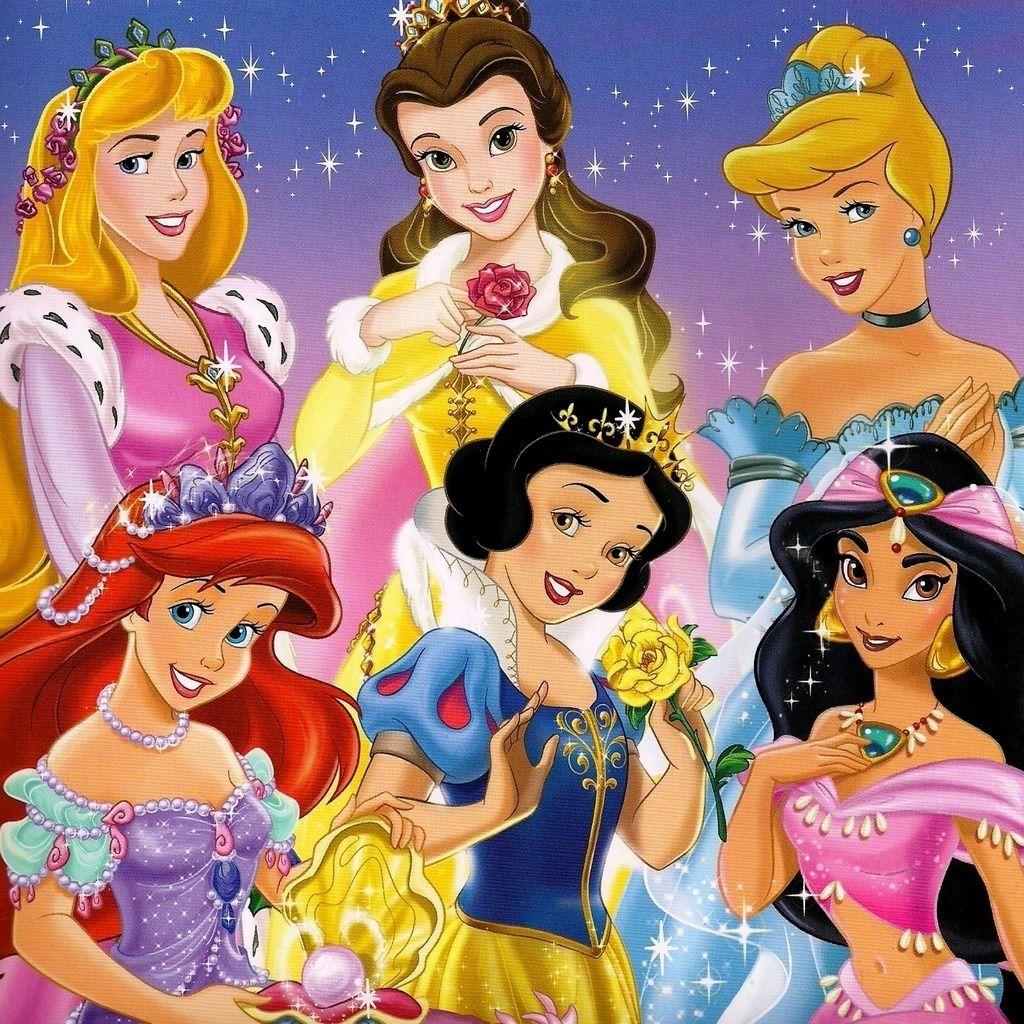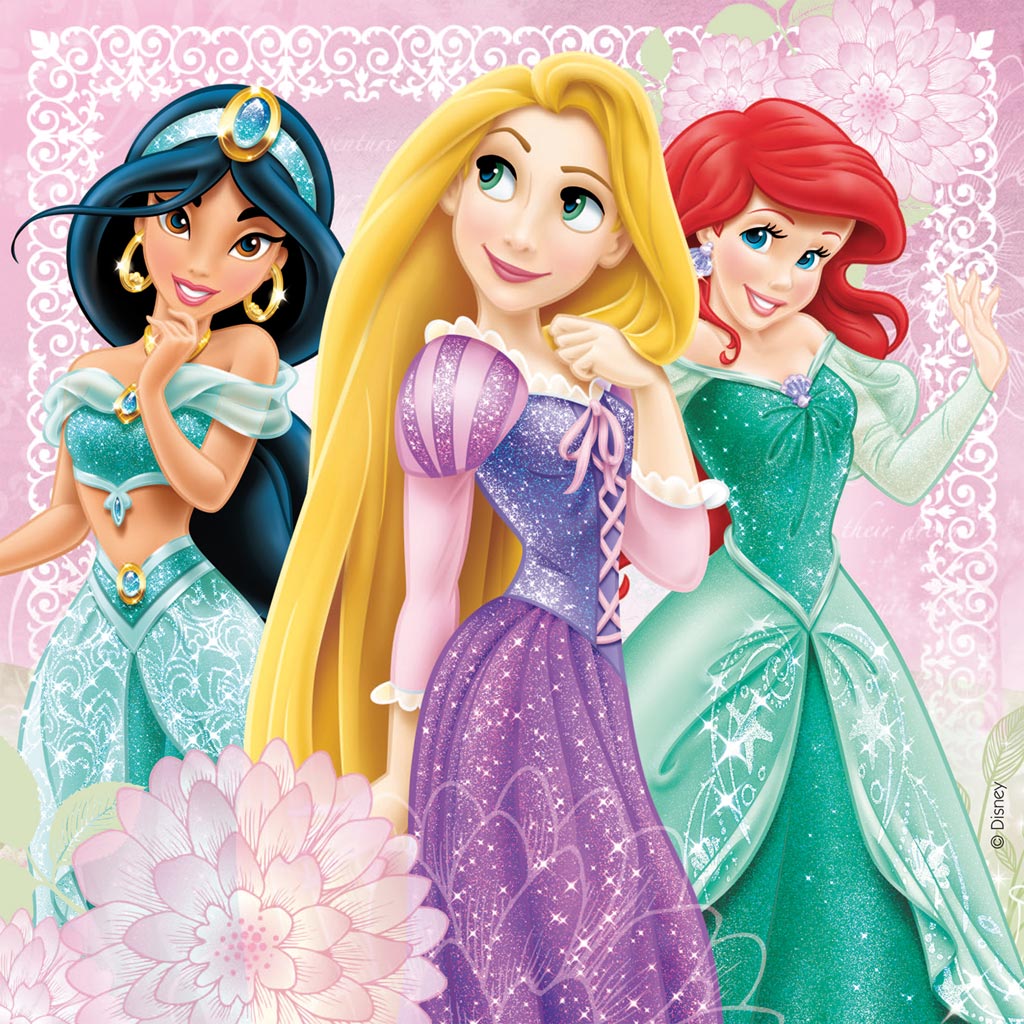Which Princess Has Mental Illness? Exploring Character Well-being In Fictional Tales
Have you ever wondered about the inner lives of those beloved princesses we grew up with? It's almost as if we've all, at some point, pondered the deeper meanings behind their struggles and triumphs. Today, people are very much talking about mental health, and it's quite natural to start looking at our favorite fictional characters through that lens, you know?
For a long time, these stories were just simple tales of good versus bad, or love conquering all, that is that. Yet, as our collective understanding of human feelings and experiences grows, we tend to revisit these narratives. We start asking different kinds of questions about what makes these characters tick, and what challenges they might truly be facing beyond the surface story.
It's interesting to consider how the idea of a "princess" has changed, too it's almost. The words prince and princess come to English from Old French and ultimately from Latin's *princeps*, which, in some respects, means a leader or a chief. Note that prince/princess historically did not mean the child of a king, so their roles and experiences could be quite varied. This broad definition lets us explore a wider range of characters when we think about which princess has mental illness, or at least, experiences that could be interpreted as such.
Table of Contents
- Understanding Fictional Characters and Mental Health
- Interpretations of Princess Experiences
- The Value of These Discussions
- Frequently Asked Questions
Understanding Fictional Characters and Mental Health
It's important to remember that fictional characters, like those in the enchanting world of Disney princess stories, are not real people, naturally. They don't get diagnoses from doctors, and their creators probably didn't set out to give them specific conditions. However, we can, in a way, look at their actions, their feelings, and the situations they face, and then think about how those might reflect real-world human experiences, including struggles with mental well-being.
When we ask "Which princess has mental illness?", we are really asking if their stories show traits or reactions that resonate with what we know about mental health challenges, or if their circumstances could lead to such difficulties. It's more about empathy and interpretation, you know, than about making a clinical judgment. This approach allows us to consider the emotional depth of these characters and what their journeys might teach us about ourselves and others.
For instance, Princess Leia, before your execution, I'd like you to join me for a ceremony that will make this battle station operational. No star system will dare oppose the Emperor now. This line from my text, while from a different story, shows a princess under immense pressure, facing a truly terrifying situation. Such extreme stress, in a real person, could certainly lead to significant emotional distress, and that's the kind of lens we're applying here, just a little.
Interpretations of Princess Experiences
Many princesses go through incredibly difficult times. These events, whether it's losing family, being isolated, or facing grave danger, could understandably take a toll on anyone's spirit. So, we can explore some common interpretations that people have made about their potential inner struggles, more or less.
Cinderella: The Weight of Adversity
Cinderella's life, as we know, is filled with hardship. She endures constant emotional abuse and forced labor at the hands of her stepmother and stepsisters. This kind of ongoing mistreatment, in reality, can lead to feelings of hopelessness, very low self-worth, and even symptoms of depression or anxiety. She might be, in some respects, experiencing a profound sense of sadness and a loss of personal freedom, which is that.
Despite her circumstances, she maintains a kind spirit and hope, which is a testament to her resilience. Yet, one could argue that her constant state of servitude and the lack of any positive support system could leave lasting emotional marks. She might feel, arguably, a deep sense of powerlessness, and that's something many people struggle with.
Belle: Finding Connection in Isolation
Belle, in her story, feels like an outsider in her village. She loves books and learning, which sets her apart from others who don't understand her interests, basically. Later, she becomes a captive in the Beast's castle, completely cut off from the world she knew. This isolation, coupled with living with a volatile and angry Beast, could lead to feelings of loneliness or even a form of trauma response. It's a rather unique situation, after all.
Some discussions have even touched upon the controversial idea of Stockholm Syndrome, where a captive develops positive feelings for their captor, though this is a complex and often debated interpretation. However, her deep empathy and desire to see beyond appearances are also very strong parts of her character, which is that. She tends to find connection in unexpected places, even when she's feeling quite alone.
Elsa: The Burden of Hidden Powers
Elsa's story, particularly in *Frozen*, centers on her struggle with powers she cannot control and the fear of harming those she loves. She isolates herself for years, living in constant anxiety about her abilities. This self-imposed isolation and the overwhelming fear of judgment could be seen as a representation of severe social anxiety or even a panic disorder, honestly. She's constantly trying to suppress a core part of herself, and that's incredibly difficult.
Her journey is about learning to accept herself and her powers, which is a powerful message about mental well-being and self-acceptance. The song "Let It Go" is, in a way, an anthem for releasing internal burdens and embracing one's true self, even if it's a bit scary. Her initial reactions are quite understandable given the immense pressure she feels, you know.
Ariel: A Deep Longing for Something More
Ariel, the Little Mermaid, experiences a profound longing to be part of the human world. This desire is so strong that she makes a drastic choice, giving up her voice to gain legs. This intense fixation on a single goal, almost to the exclusion of everything else, could be interpreted as a form of obsessive desire or an identity crisis. She feels, perhaps, that she doesn't truly belong where she is, and that's a powerful feeling.
Her willingness to sacrifice so much for her dream, while romanticized, also shows a certain impulsiveness and a lack of fully considering the consequences. It highlights the struggles of feeling out of place and the desperate search for where one truly belongs, which is a very human experience, basically.
Snow White: The Shadow of Threat
Snow White's story begins with her stepmother, the Evil Queen, trying to have her killed out of pure jealousy. Living under such a constant threat, and then having to flee for her life, could easily lead to feelings of paranoia, deep fear, and post-traumatic stress. She finds refuge with the dwarfs, but the fear of being found never truly leaves her, you know.
Her innocence and trusting nature, while charming, also make her vulnerable to the Queen's repeated attempts to harm her. This ongoing threat and the need to always be vigilant could certainly impact one's sense of safety and peace of mind. She's in a rather precarious situation, after all.
The Value of These Discussions
Talking about "Which princess has mental illness?" isn't about diagnosing fictional characters, but rather about using their stories as a way to open up conversations about mental health. It helps us see that even in seemingly simple tales, there are complex emotions and situations that mirror real-life struggles, you know. This can build empathy and understanding for those who face similar challenges in our own world.
These discussions also encourage us to look beyond the surface and consider the deeper emotional journeys of characters, which can enrich our appreciation of storytelling. It reminds us that everyone, even a princess, can face internal battles that are just as significant as any external villain, or perhaps even more so. It's a good way to reflect on the human experience, and that's pretty important.
If you're interested in learning more about how stories can help us understand ourselves, you might want to explore resources on narrative therapy or the psychology of fiction. For example, you can find a lot of information on how different stories can impact our emotional well-being by looking at general mental health information from reputable sources. Learn more about character analysis on our site, and link to this page about storytelling and empathy.
Frequently Asked Questions
Can fictional characters really have mental illnesses?
No, not in the way real people do, actually. Fictional characters are creations of writers and artists, so they don't have brains or bodies that can develop actual medical conditions. However, their behaviors, thoughts, and feelings can be written in ways that resemble symptoms of real mental health challenges, allowing us to interpret them through that lens, you know.
Why do people interpret princesses as having mental health issues?
People often do this to explore the characters' emotional depth and to connect their fictional experiences to real-world struggles, basically. It's a way to discuss mental health in a relatable context, especially for younger audiences who grow up with these stories. It helps foster empathy and understanding for various human conditions, and that's quite valuable.
Is it harmful to discuss fictional characters in terms of mental health?
Generally, no, it's not harmful, provided it's done with sensitivity and a clear understanding that these are interpretations, not diagnoses, you know. It can actually be quite beneficial for promoting conversations about mental well-being and reducing stigma. The key is to avoid making definitive clinical statements about characters and to always emphasize that real mental health conditions require professional attention, which is that.

Disney Princess iPad Wallpapers - Top Free Disney Princess iPad

disney-princess-hd-wallpaper-free.jpg (1280×1713) | Phone wallpapers

Disney Princess - Disney Princess Photo (33708180) - Fanpop